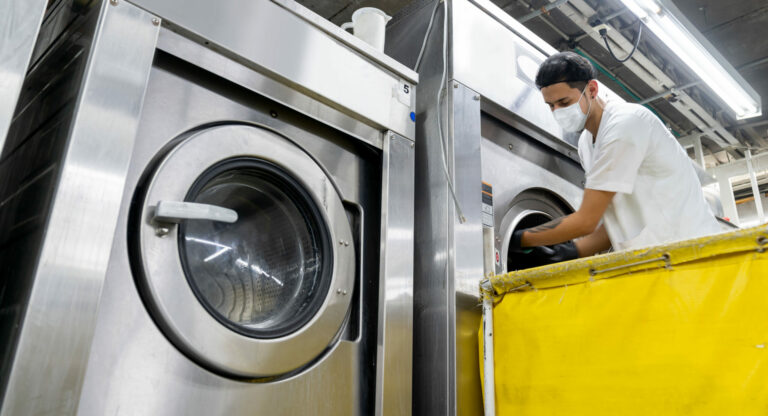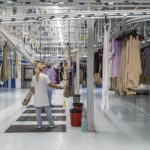TSA supports DMU in biggest ever study of its kind into care homes
The TSA is supporting De Montfort University (DMU) on a survey of care homes. The survey will give an insight into care homes’ attitudes and practices in terms of their laundry service. Care home staff and managers are being asked to take part in the new survey, which will reveal how infection control with regards to laundry is managed in care home environments.
The survey aims to help care homes, nursing homes and sheltered housing spaces across the UK identify knowledge gaps, recognise best practice and support them to set the standard in line with current and future requirements for care home laundry practices in the UK.
“We need to understand infection control in this sector so that we can support care homes and related establishments to achieve the highest possible standards,” says David Stevens, CEO of the TSA. “The DMU survey will give us the answers.”
The study is the biggest of its kind into the current knowledge, processes, attitudes and behaviours of care home staff for dealing with laundry from residents and living spaces, as well as their own work clothing.
Care homes, nursing homes and sheltered housing providers and staff are being asked to fill in the surveys. Professor Katie Laird, Professor of Microbiology at DMU, is leading on the study. She previously investigated how the coronavirus pandemic affected the way in which healthcare staff and nurses laundered their uniforms.
She says, “We are keen to discover the current infection control policies and practices that are used by care home staff.”
“At the moment there is no national picture of the different policies and procedures which are in place in care home settings. I believe the results of this survey will be of benefit to the industry and help us to build capacity and co-ordinate efforts to share best practice, supporting the industry to build back better after the pandemic.”

The survey will be followed up with a series of focus groups, user interviews and sessions with managers and policy writers.
The questionnaire covers the following topics:
• Existing infection controls with regards to laundry
• Current processing methods for bed, bathroom and personal clothing laundry
• Processing methods, procedures and management for soiled linen
• Attitudes towards existing infection controls policies associated with laundry
• Understanding of the barriers to care home settings implementing infection control policies
• Bed change policy
• Healthcare workers’ knowledge of infection control policies in care home settings
“The TSA and DMU have a very strong working relationship,” says Stevens. “This is the latest in a series of projects we have collaborated on. It will give us a new depth of understanding and should point the way to improving infection control in care homes.”
For more information on DMU visit dmu.ac.uk
If you have any queries, please do not hesitate to get in touch with us either via email or phone:
T +44 (0) 20 3151 5600






